Pancreatic Cancer
Pancreatic cancer is a type of cancer that begins as a growth of
cells in the pancreas. The pancreas lies behind the lower part of the
stomach, and it makes enzymes that help digest food and hormones that
help manage blood sugar. The most common type of pancreatic cancer is
pancreatic ductal adenocarcinoma. This type begins in the cells that
line the ducts that carry digestive enzymes out of the pancreas.
Pancreatic cancer rarely is found at its early stages when the chance of
curing it is greatest. This is because it often doesn't cause symptoms
until after it has spread to other organs.
Symptoms of Pancreatic Cancer
Pancreatic cancer often doesn't cause symptoms until the disease is
advanced. When they happen, signs and symptoms of pancreatic cancer may
include:
- Belly pain that spreads to the sides or back
- Loss of appetite
- Weight loss
- Yellowing of the skin and the whites of the eyes, called jaundice
- Light-colored or floating stools
- Dark-colored urine
- Itching
- New diagnosis of diabetes or diabetes that's getting harder to control
- Pain and swelling in an arm or leg, which might be caused by a blood clot
- Tiredness or weakness
Procedures for Pancreatic Cancer
- Distal Pancreatectomy
A distal pancreatectomy is a minimally invasive pancreatic cancer treatment where your doctor removes the body and tail of the pancreas.
- Whipple Procedure (Pancreatoduodenectomy)
This operation removes tumors on the top of the pancreas, the lower portion of the bile duct and the ampulla of Vater. Also known as pancreaticoduodenectomy, the procedure can be performed robotically or laparoscopically.
- Pancreatic Enucleation
Enucleation of pancreatic tumors is a less extensive surgical technique in which certain types of low-grade or benign pancreatic tumors are removed with a minimal margin of the healthy pancreatic tissue, thus preserving maximum healthy tissue for optimal functioning.
- Minimally Invasive Pancreatic Surgery
Laparoscopic surgery allows the surgeon to access the abdomen via several small "keyhole" incisions (less than one centimeter each). Many patients with pancreatic cysts that require surgery are candidates for this approach, which offers smaller incisions, shorter hospitalization (typically 2 days), less pain, and a faster return to work and life.
Meet Our Team
Learn More
Hepatobiliary and Pancreatic Surgery (HPB)
Interventional Endoscopy & General GI
Gastrointestinal (GI) Endoscopy Unit
Cancer Treatment & Oncology Care
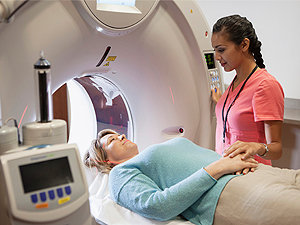
Types of Cancers We Treat
For all major types of cancer, you can rely on the expertise and experience of your health care providers at...
Read More
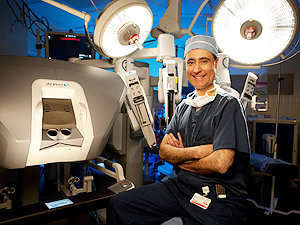
Cancer Treatments
Mount Sinai South Nassau offers the only cancer program on Long Island to offer the combination of the Novalis Tx™...
Read More

Your Care Team
The cancer (or oncology) program of Mount Sinai South Nassau makes cancer diagnosis, treatment and...
Read More
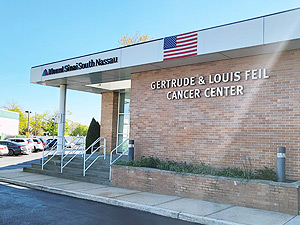
Gertrude & Louis Feil Cancer Center
In addition to the full range of cancer care and support at Mount Sinai South Nassau, we also offer...
Read More
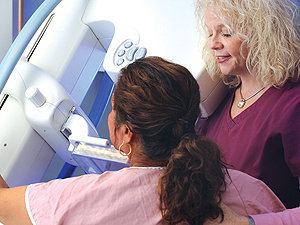
Breast Cancer
At Mount Sinai South Nassau, patients who have recently learned they have breast cancer as well as...
Read More
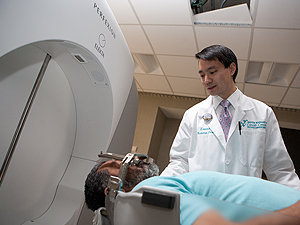
Brain Cancer
For brain cancer and other conditions inside the skull, our experienced surgeons offer our patients the premier...
Read More
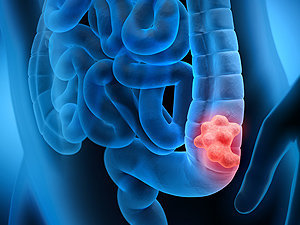
Colorectal Cancer
The expert colorectal physicians and surgeons at Mount Sinai South Nassau specialize...
Read More

Gynecological Cancer
Cancer diagnosis and treatment are the strong focus of the women’s care specialists at Mount Sinai South Nassau...
Read More
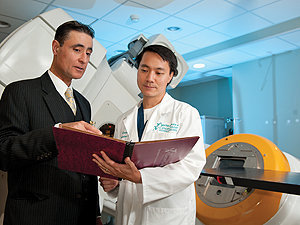
Lung Cancer
At Mount Sinai South Nassau, if you need chest surgery for cancer or other conditions of the...
Read More

Melanoma Program
Though melanoma is the least common type of skin cancer, it’s the most deadly. So Mount Sinai South Nassau's...
Read More

Pancreatic Cancer
Pancreatic cancer is a type of cancer that begins as a growth of cells in the pancreas...
Read More

Prostate Health
For men with conditions related to the prostate gland, the Center for Prostate Health offers experts who are...
Read More

Surgical Oncology
Every year our surgeons perform a large number of procedures to diagnose and treat a variety of cancers...
Read More
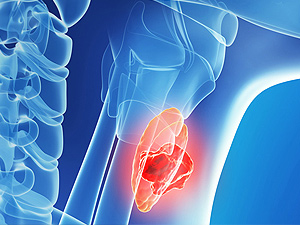
Thyroid Cancer
The majority of thyroid masses are benign; however the division of surgical oncology has...
Read More
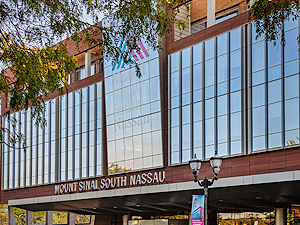
Accreditations & Certifications
Every member of our staff in the cancer program at Mount Sinai South Nassau is committed to bringing our patients...
Read More

Support & Education
Our cancer specialists are dedicated to providing support to you and your loved ones before, during and after...
Read More